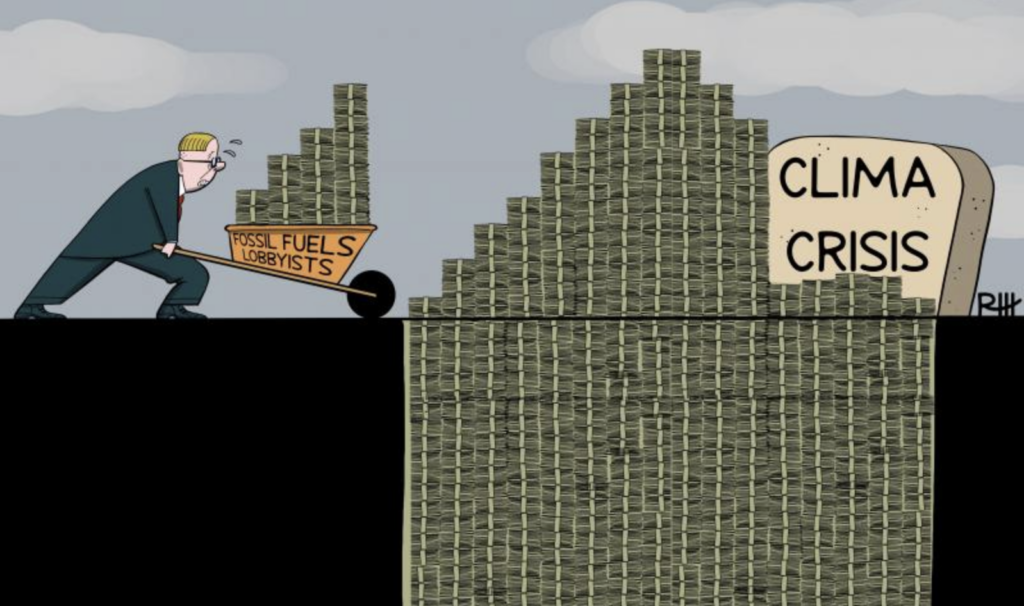MSNBC reports:
America in recent years has been sweltering through three times more than its normal share of extra-hot summer nights, government weather records show. And that is a particularly dangerous trend.
The most obvious negative health impact comes from heating. The UN’s weather agency has predicted a worldwide doubling of deaths due to heat waves in the next 20 years.
One finding of climate scientists is that as the planet warms, the nighttime low temperatures are rising twice as fast as the daytime high temperatures – because carbon dioxide and the other greenhouse gases are trapping in the heat overnight and preventing the normal nighttime radiational cooling. That means that when a person’s body becomes heat-stressed, it does not experience the traditional nighttime cooling that allows it to recuperate.
Witness the 35,000 heat deaths in Europe two summers ago – and the heat deaths in Chicago in 1995.
Subscribe to our newsletter
Stay up to date with DeSmog news and alerts






